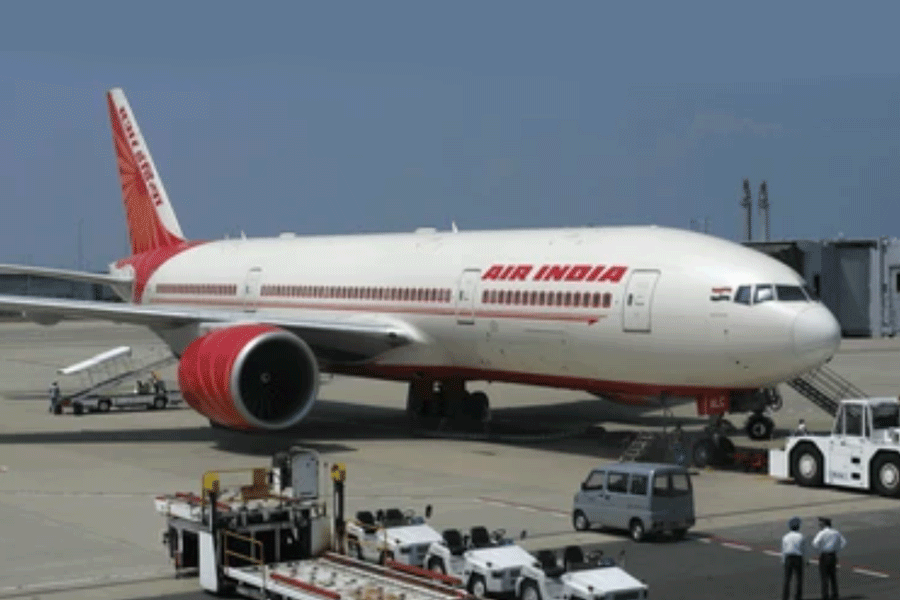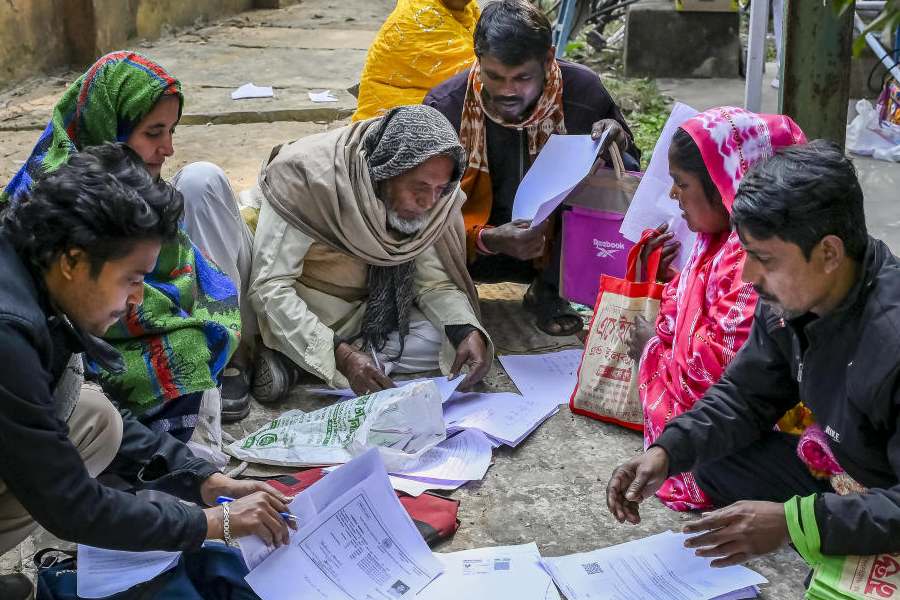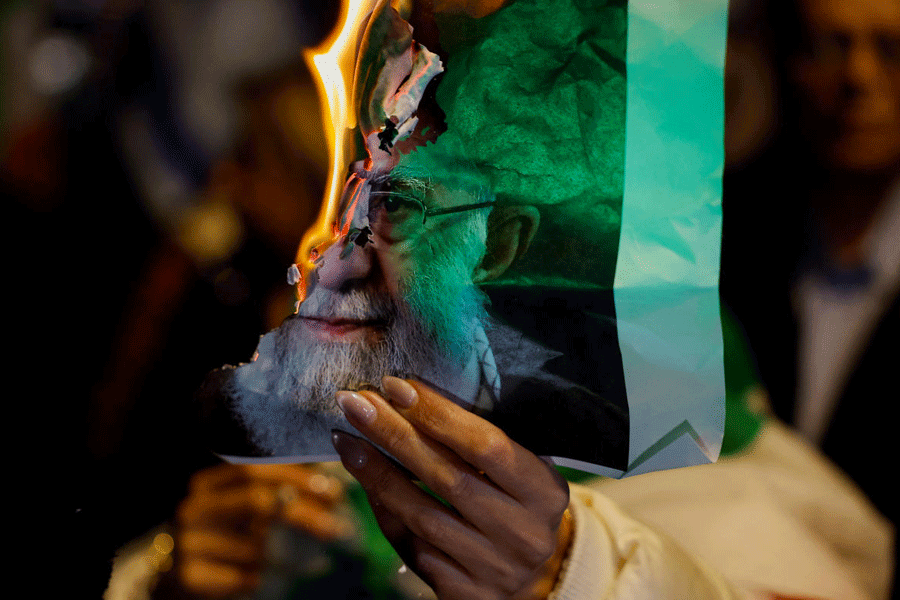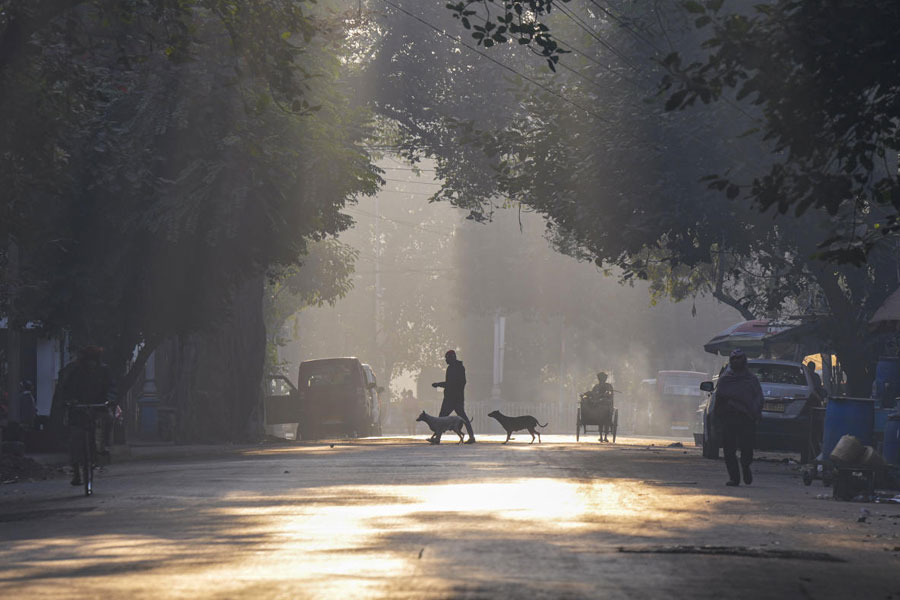Bangalore: The Karnataka government is taking up the cause of Dravidian languages by organising the first-ever conclave to push for better understanding of more than 40 languages.
The Kannada Development Authority (KDA), a state government outfit for the promotion of the languages, has invited universities and departments of all Dravidian languages in the southern states to the conclave to be held in December.
"This is purely an academic exercise that aims at understanding the Dravidian languages and the common thread that runs through them," KDA chairperson S.G. Siddaramaiah told The Telegraph on Saturday.
He said at least 42 Dravidian languages were spoken in the southern states, which are usually identified with Kannada, Tamil, Telugu and Malayalam.
"All these (42) languages have a common history and developed into what they are almost at the same pace. But somewhere down the line we have forgotten our common root. Our attempt is to prepare a platform for academics and linguists to bring out the history of our languages," Siddaramaiah said.
The conclave will also seek Unesco recognition for the Dravidian languages with the objective of getting better appreciation in foreign universities.
"Our effort will be to trace the root of the Proto-Dravidian languages and its scripts to help the future generations to understand their linguistic history," he said.
One of the Dravidian languages declared dead in India is Brahui, which is, however, still spoken in the Balochistan region of Pakistan.
Besides the main Kannada language, Karnataka's native languages include Tulu, Kodava, Konkani and Beary. "But few know there are languages spoken by tribes like the Irula. The conclave will be a platform to bring all these to the fore," Siddaramaiah said.
After the conclave, thrust will be given to celebrating the southern languages on International Mother Tongue Day that falls on February 21 every year. The day is observed to promote peace and multi-lingualism in recognition of the 1952 Bengali language movement in Bangladesh.
"Developing and promoting languages is our constitutional right. India does not belong to one religion, one language, one culture or one region. We are a multi-cultural nation that believes in unity in diversity," Siddaramaiah said.
Apart from academic interest, the conclave appears to be part of efforts to strengthen the Dravidian languages to resist the alleged imposition of Hindi, which has in the past triggered several movements in the southern states.
One of the first decisions of the NDA government at the Centre was to remove all regional language options from the Indian Banking Personnel Selection Test.
"It is a fact that fewer people from the southern states are getting jobs as they cannot opt for a state language other than Hindi anymore. We believe that strengthening the Dravidian languages will help win back jobs," said KDA committee member and renowned poet Chandrashekar Patil.
"East Pakistan became Bangladesh because Urdu was being imposed on Bengalis. But we are a nation of diverse cultures and languages. So let's revive that spirit and strengthen our national unity," Patil added.
He slammed the BJP for "sidelining" non-Hindi-speaking states.
"I am not against Hindi or any language for that matter. But it's dangerous to impose one language in a multi-lingual nation like ours," Patil said.
Acclaimed Malayalam writer K.P. Ramanunni welcomed the idea of the conclave and agreed there was a dire need for the Dravidian languages to understand each other.
"We have so far failed to strengthen our common root. Such an initiative will help strengthen our languages," he said.
According to Ramanunni, the southern languages have for long been treated as "second class".
"Bringing together all Dravidian languages will be a great move for greater national unity as we are one nation with different cultures, religions and languages," he said.










